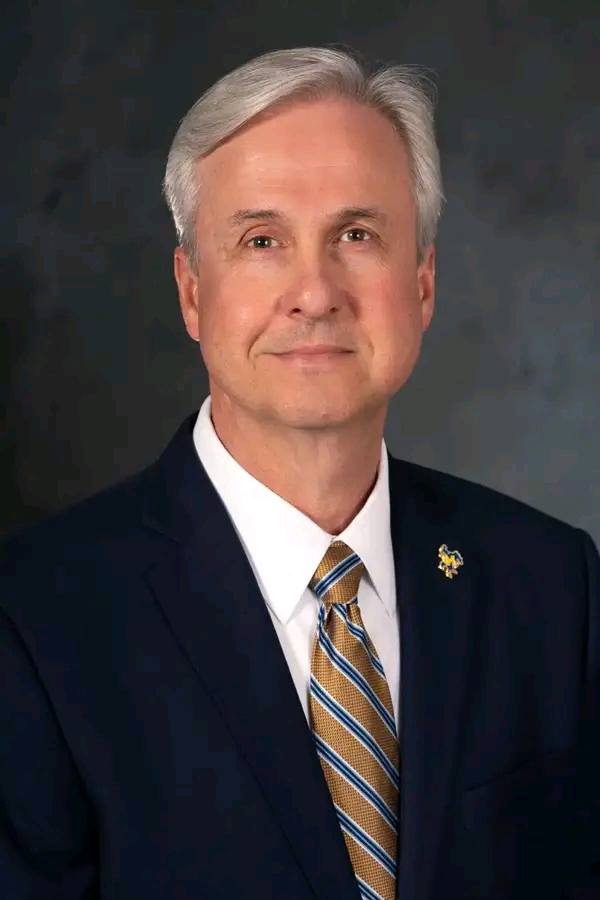Wade Rousse Selected as New President of Louisiana State University (LSU)
In a move that signals a new chapter for Louisiana’s flagship university system, Wade Rousse has been officially named the next president of Louisiana State University. The decision comes after a highly anticipated search process and sets in motion significant changes in governance and strategy across the institution.
A New Leader for LSU
Rousse, who has served as president of McNeese State University since July 2024, emerges as a dynamic pick to lead LSU at a pivotal moment. At McNeese, he emphasized growth, financial stability and student-success efforts, following a period of enrollment decline. ([American Press][1]) His academic credentials—an MBA and a PhD in Economics—plus his track record make him a promising choice.
Rousse’s vision for LSU, as he’s stated in his interview appearances, hinges on five strategic priorities: boosting research capacity, ensuring fiscal discipline, aligning major infrastructure investments with mission, redefining campus leadership roles, and pushing for student-success metrics as a central measure of institutional health.
Governance Shift at the Top
Alongside Rousse’s appointment, the LSU Board of Supervisors announced that the roles of president and chancellor will be separated—returning to a model where the system-wide leader (president) is distinct from the day-to-day campus leader (chancellor). According to sources, this marks the first time those roles have been split since 2012.
This structural change underscores LSU’s ambition to operate more like a modern multi-campus university system: the president setting the broad enterprise-wide vision, and the chancellor focused on the flagship Baton Rouge campus or individual constituent campuses.
What It Means for LSU and Louisiana
For LSU, Rousse’s leadership means a potential acceleration of long-standing goals: elevating the institution into the top tier of research universities, strengthening statewide impact (in agriculture, coast, energy, defense, etc.), and growing enrollment and retention. In recent years, LSU achieved record research funding and launched several strategic initiatives.
Rousse’s ties to Louisiana education—he returned to McNeese after working elsewhere, and his experience includes business and economics positions—may make him uniquely positioned to engage state stakeholders, donors and the broader higher-ed ecosystem.
For the broader region, this appointment signals LSU’s intent to remain relevant, competitive and transformational. As Rousse himself has remarked, universities must produce graduates ready for “gainful employment” and a lifetime of learning.
Challenges Ahead
Despite the optimism, Rousse steps into a complex terrain. LSU faces the usual pressures: stagnant or declining demographics in higher education, the need to scale research infrastructure, facility years overdue for upgrades, and expectations from alumni, donors, the athletics community and state government.
Some observers in the LSU community have voiced concern over whether the search was fully independent, given the speed of the decision and the known interest from state-wide political figures. Ensuring buy-in from faculty, staff and existing campus leadership will be essential for Rousse to succeed.
Looking Ahead
As Rousse prepares to assume the presidency in the coming months, his first priorities will likely include: finalizing his senior leadership team, launching a listening tour with students and faculty, setting performance metrics for the first 100 days, and articulating a refreshed strategic plan that reflects both ambition and realism.
For Louisiana higher education watchers, the question now becomes: will Wade Rousse be the catalyst LSU needs to move decisively toward its “Top 50 research university” goal and stronger statewide impact? Only time will tell—but one thing is clear: a new era begins at LSU today.









